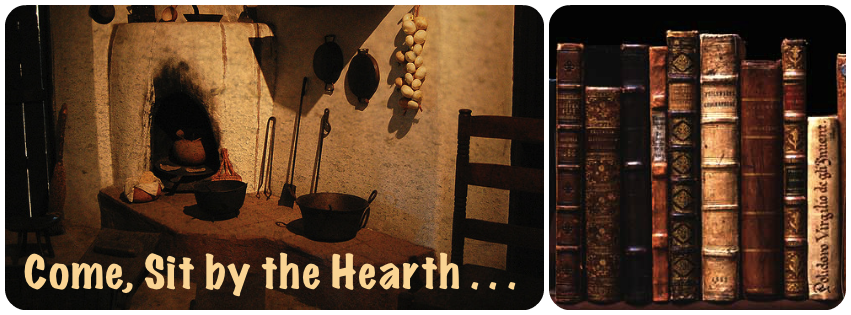The First Amendment's Establishment Clause prohibits the government from making any law “respecting an establishment of religion.” This clause not only forbids the government from establishing an official religion, but also prohibits government actions that unduly favor one religion over another. It also prohibits the government from unduly preferring religion over non-religion, or non-religion over religion.Because of the First Amendment everyone is free to have their own beliefs, and any practices which do not break the laws of the country (ie. polygamy, cannibalism, etc.), and religion is free from the meddling of the State (ie. directing what can be taught or preached). Likewise, our government is kept from favoring one religion (of the many in this country) over others, and protected from becoming a theocracy.
Although some government action implicating religion is permissible, and indeed unavoidable, it is not clear just how much the Establishment Clause tolerates. - Cornell University Law School
So many people don't seem to understand the First Amendment, and see its application as an attack. But we live in a quickly shrinking, richly diverse world; that demands we relate to others as equals and build bridges instead of walls. The First Amendment is our ally in this process.


No comments:
Post a Comment